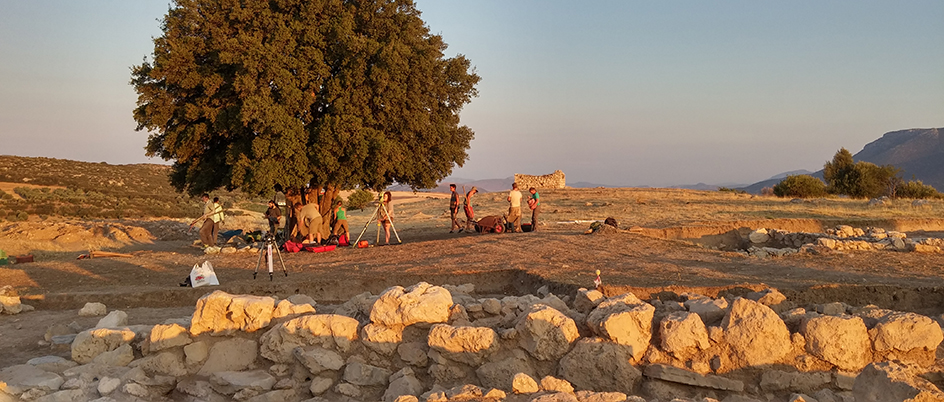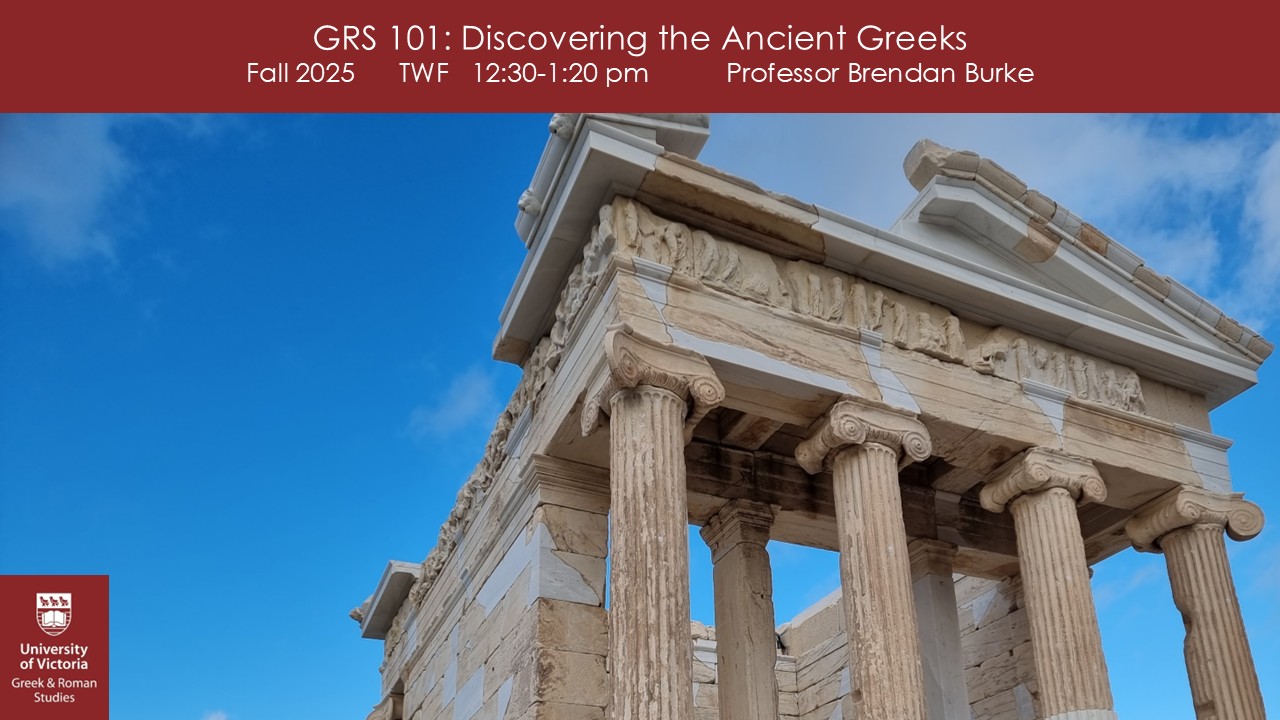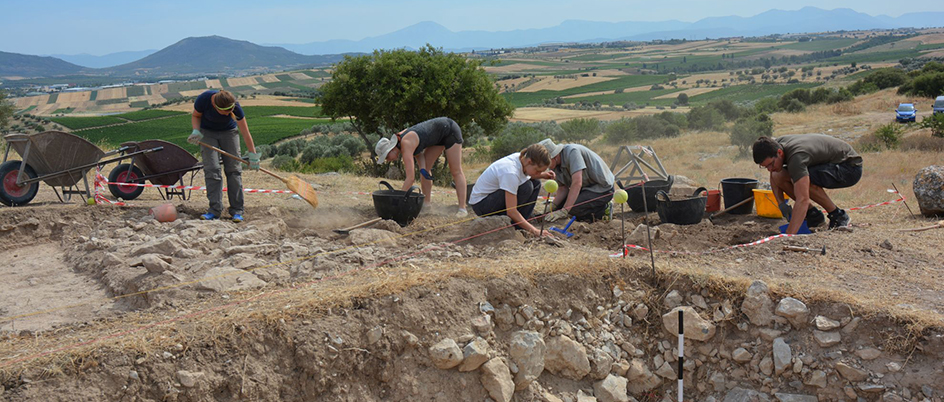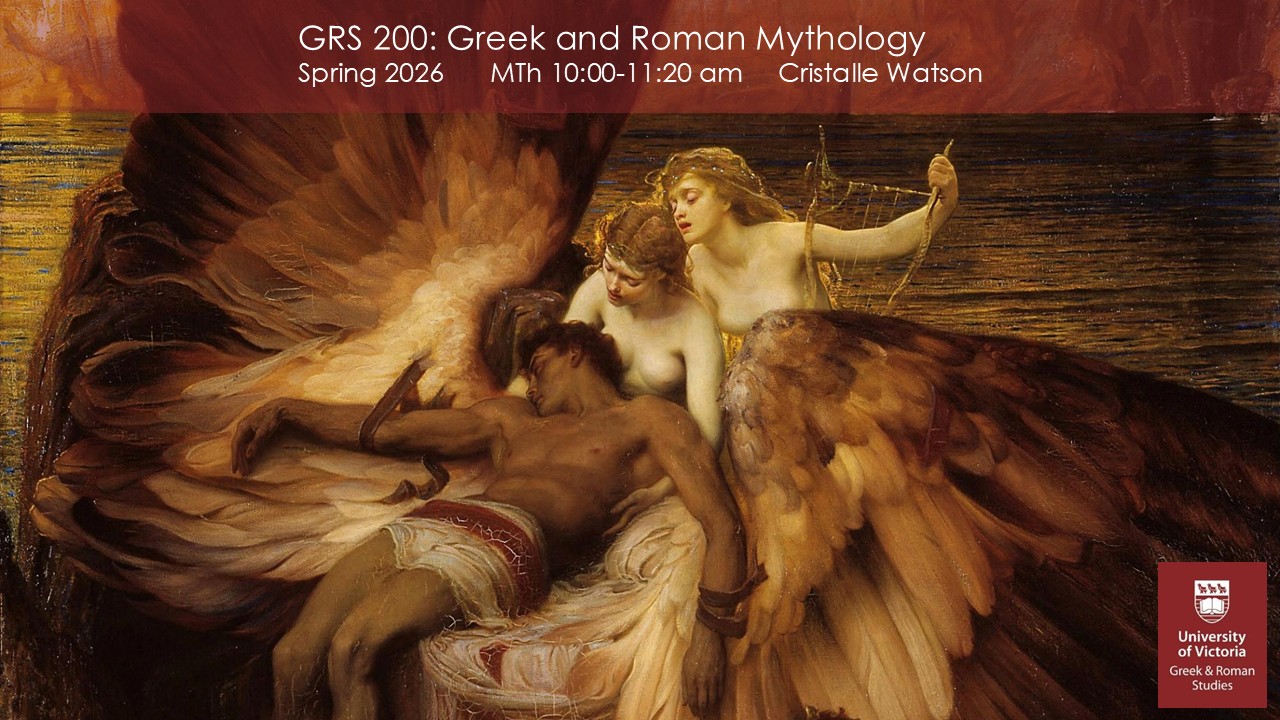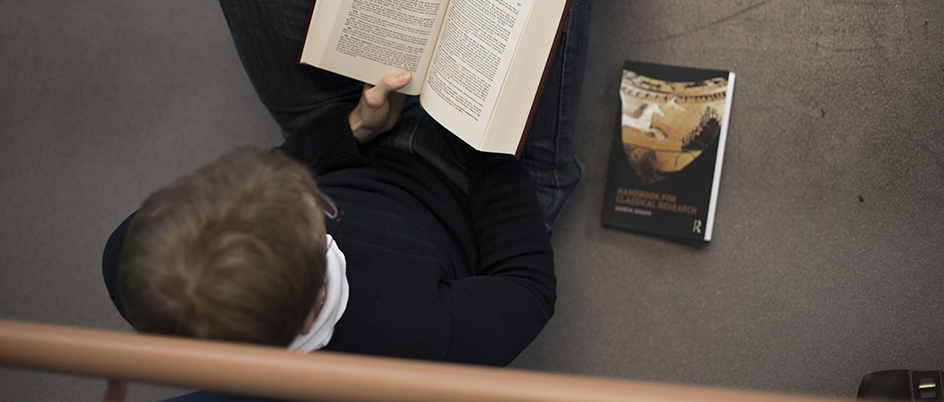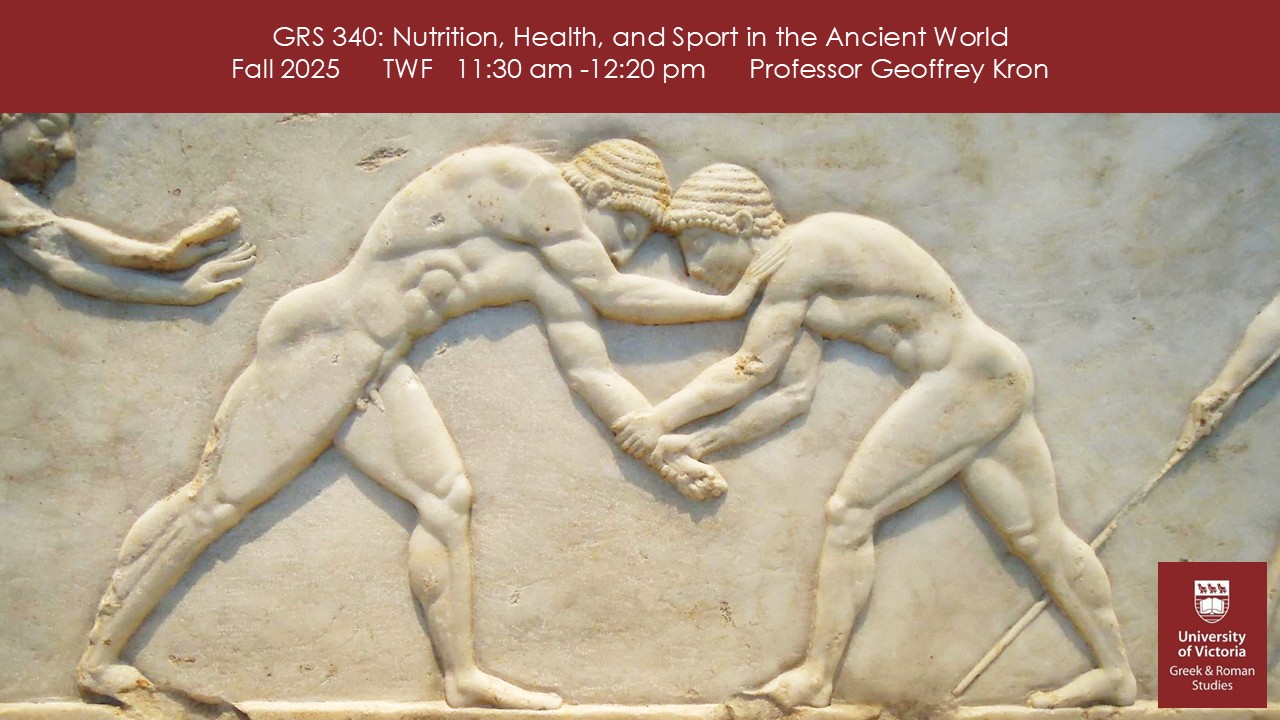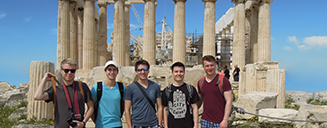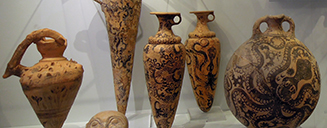Greek and Roman Studies promotes dynamic knowledge of the cultures of ancient Greece and Rome through their literature and languages, history, and archaeology; we explore these cultures within the context of the larger ancient Mediterranean world. Understanding the Greek and Roman worlds can help us handle the challenges and opportunities we currently face by learning about and reflecting upon this past.
Mission Statement
The Department of Greek and Roman Studies promotes an approach to the ancient Greek and Roman worlds which gives priority to the diversity, interconnectivity and multiculturalism of those worlds in our teaching and scholarship. The Department is committed to principles and practices of equity, diversity, racial justice, inclusivity, and decolonization through tolerance and respect in a safe and respectful environment. We aim to support students, instructors, and members of our community from diverse backgrounds, ethnicities, genders and sexualities, social classes, religion, ethnicity and national origin. We consider it our obligation to explore historic and present uses of the “classical” world which function as instruments of exclusivity and oppression.
Experience Ancient Greece and Rome
Popular links
Current Funding opportunities:
- Robert J. Murphy Travel Award. Deadline: March 15, 2026
- Margareta von Rudloff Travel Assistance Fund. Deadline: March 15, 2026
- Greek and Roman Studies award opportunities
- see Student Awards and Financial Aid and Faculty of Humanities for information.
- Emergency Support Bursaries

